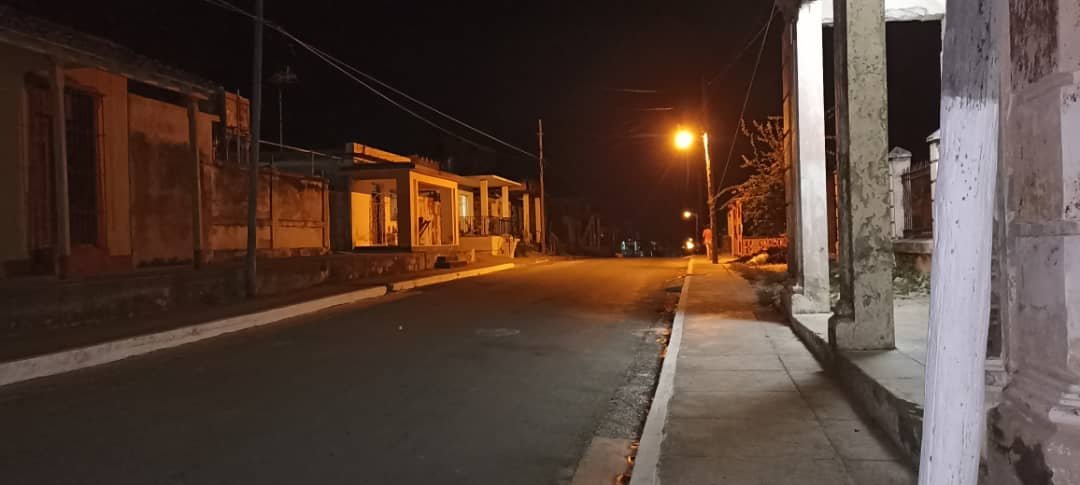Persistent power cuts across several regions in Cuba have driven people to protest on dark streets. The Miguel Díaz-Canel administration is facing criticism for failing to address the blackouts that are causing health and economic losses.
Over the weekend, police intervened in demonstrations in Nuevitas, Camagüey province, where 18-hour-long power cuts have been reported. According to data from the state-owned Cuban Electricity Conglomerate (UNE), blackouts were recorded on 29 out of July’s 31 days. The situation has been similar in August so far, with the capital Havana also affected.
The power cuts are due to a “perfect storm” scenario: amid higher energy demand during the summer, the oil import-dependent Cuba is currently suffering from massive fuel shortages. Over 95 percent of Cuba’s energy is generated by fossil fuels, says UNE.
Added to this, out-of-control fires in early August destroyed part of Cuba’s largest oil storage in the Matanzas fuel facilities. At least 16 people died.
The crisis is deepened by unending oil-related economic sanctions and pandemic impacts. The government also says that the low energy supply is linked to infrastructure problems at the country’s thermoelectric plants. Since Cuba’s energy complexes are often very old and require urgent repairs, most structures are in the middle of undergoing maintenance.


 Search
Search






































